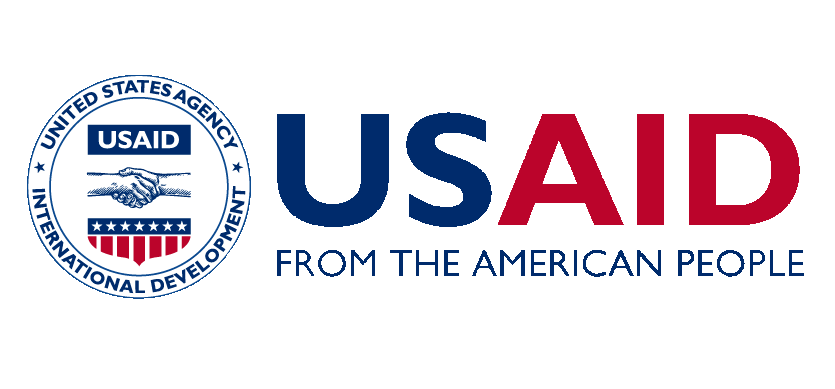Sistema comunitario de distribución y educación entre pares de población, salud y medio ambiente (PHE): una guía para capacitar a los distribuidores comunitarios de PHE
Esta guía de capacitación fue desarrollada para capacitar a Distribuidores Comunitarios (CBD) de población, salud y medio ambiente (PHE) que trabajan en actividades integradas de PHE.


